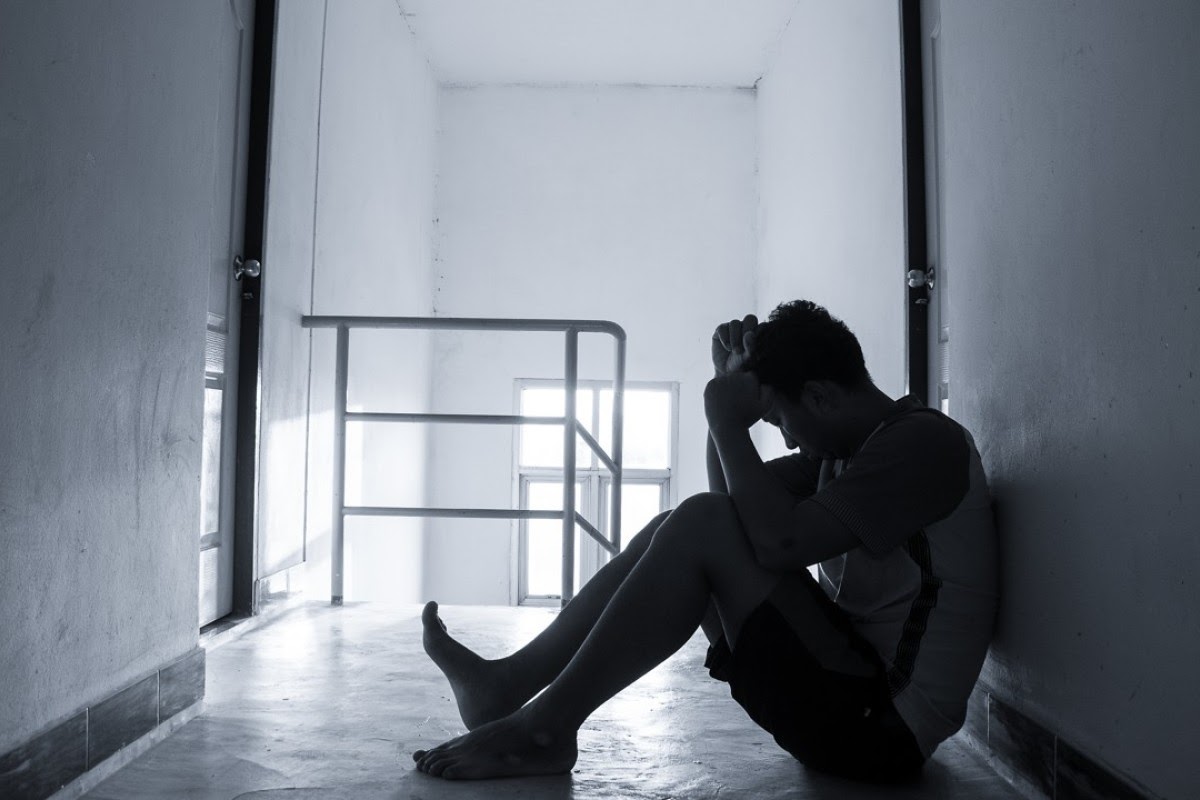Censors say no suicide on China’s leading online literature site
While some of the red lines are well known, other subjects that were once safe for discussion are suddenly targeted by the authorities. Descriptions of suicide appear to be the latest inclusion on the censor’s list.

As the Chinese government continues to tighten censorship of online content, writing fiction on the Chinese internet has increasingly felt like crossing a battlefield besieged by both visible enemies and hidden bombs: There is an ever-growing litany of words and themes that need to be avoided. While some of the red lines are well known, other subjects that were once safe for discussion are suddenly targeted by the authorities. Descriptions of suicide appear to be the latest inclusion on the censor’s list.
Last month, some users of Jinjiang Literature City, a leading digital platform for online literature, discovered that their novels had been taken down by the website for containing information about suicide. In an informal directive shared among Jinjiang writers, the site said that new rules issued by its censorship department labeled all kinds of works regarding suicide as “harmful information,” and in the same category as works that “glorify violence and crimes.”
“We urge writers to carry out self-checks to see if their works contain content that promotes suicide. Things under scrutiny include, but are not limited to, graphic descriptions of someone killing himself,” the notice reads (in Chinese).
According to some authors, prior to the new policies, it was common sense among them that stories that depicted suicide in a positive light were strictly forbidden on the platform. But the new regulations are troubling because they target any description of the act itself, regardless of the intention or purpose behind it.
In an online forum where Jinjiang authors exchange information, one said that when she told her editor about a new story idea she was working on, which featured a patient with clinical depression actively seeking treatment after attempting to end his own life, her editor warned her to be careful of “potential consequences.” Another author said that a censor directly told him that even animals were forbidden to kill themselves under the new policies. To which a writer replied, “This is ridiculous.”
Beyond the community of online literature writers, the new ban has attracted a fair amount of criticism and ridicule on Chinese social media, with many lamenting that the country’s war against “negative” content on the internet had gone too far. “Now when we read detective fiction on Jinjiang, we can be 100% confident that someone’s death is murder rather than suicide,” a Weibo user joked (in Chinese). Another one complained (in Chinese), “I’d rather go back to reading fairy tales written for children. They seem to have more edgy content than Jinjiang novels.”
A number of writers and readers also speculated that Jinjiang’s policies were a continuation of a directive issued in June by the General Administration of Press and Publication, China’s top content regulator, in which the government agency laid out a set of rules to strengthen its control over online literature. This includes requiring authors to use their real names while registering with publishing platforms and imposing stricter censorship on readers’ comments.
In response to the controversy, Jinjiang released a statement (in Chinese) on July 9, saying that while the policies applied to most works, there were a few exceptions, such as when a character gives his life for his country or when someone spares his life to save others — basically, cases that are in line with government-approved values. The site also urged the public not to “read too much into” the rules. “Don’t create and spread rumors. Let’s work together to build a clear and bright environment on the internet!” it said.
Over the past decade, stifled by strict censorship in state-run publishing houses, a new generation of Chinese authors embraced internet writing because of the freedom it gave. The phenomenon led to the rise of a number of online publishing platforms, with sites like Jinjiang and Qidian being the major players in the industry.
But in recent years, as a result of the government’s increasing scrutiny of internet content, the landscape of online publishing has changed drastically. In 2018, in a campaign to crack down on “bad fiction writing” on the Chinese internet, the government ordered internet literature portals to take down novels featuring government officials. Last year, Jinjiang was accused by the authorities of “spreading obscene information” by hosting gay fiction on its platform.






